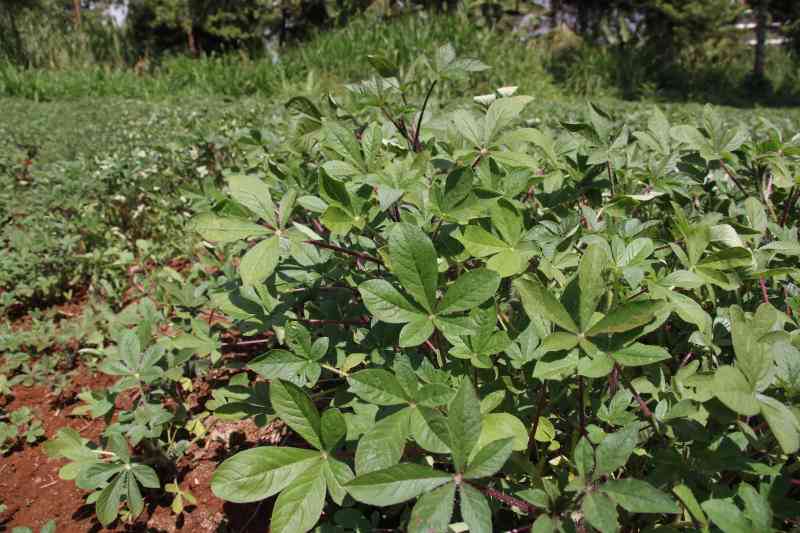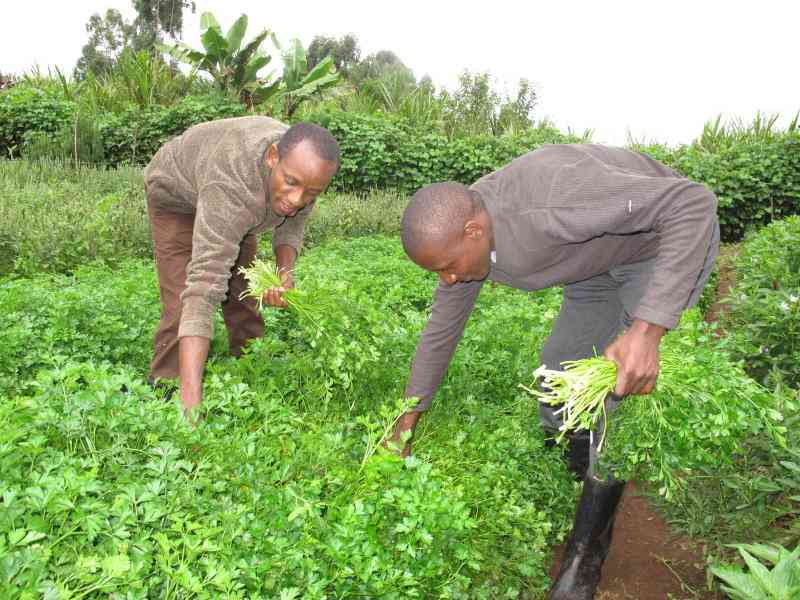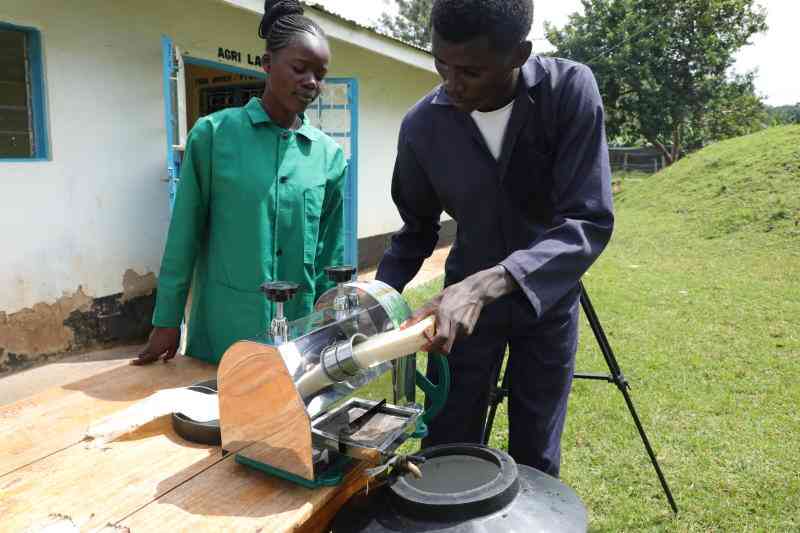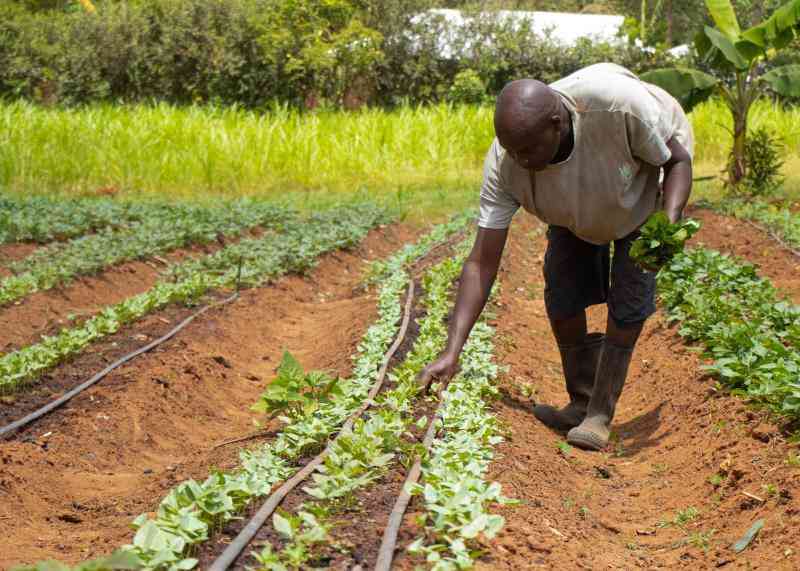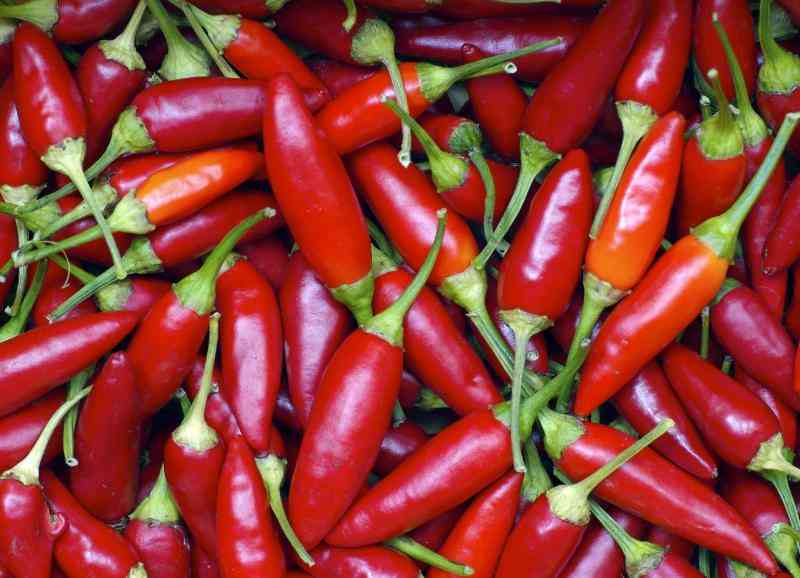Explore other systems before adopting GMO, experts advise
The government should explore, invest in and research alternative food production systems such as agroecology and organic farming before adopting Genetically Modified Organisms (GMOs).
Speaking during a roundtable hosted by Route to Food Initiative (RTFI), a section of stakeholders called on the National Biosafety Authority (NBA) to invest in other farming technologies to solve the food security challenge in the country.
With an erratic climate, coupled with global food shortages, lies an opportunity for alternative food production systems to achieve food sovereignty in Kenya. The factors facing the food system have created awareness and demand for sustainable food production, better nutrition and environmental protection whilst significantly influencing the food economy in many countries.
Agricultural youth ambassador, Emmanuel Atamba, explains that food insecurity is not a problem of quantity of produce, but rather a problem of affordability and sovereignty, thus genetically engineered seeds cannot solve this challenge.
“Genetically engineered seeds and crops are presented by authorities and certain corporates as a solution to achieving food security in Kenya and Africa, yet there are other forms of agriculture which give the farmer sovereignty and more yields,” said Mr Atamba.
Among all the alternative food production systems, organic farming is gaining particular popularity at a time when nutrition, food security, food sustainability and Kenya’s biodiversity are at a crisis point. Many countries offer a wide range of certificates and labels for organic products. In Kenya, organic food consumption is catching on, but it is still far behind the global movement.
Wanjiru Kamau, an agriculture policy expert, said in essence, genetically-modified seeds and farm produce represent a corporate takeover of Kenya’s food systems for the extraction of profit as opposed to sustainable farming.
“Over-dependence on corporates for seeds and other farm inputs increases the country’s vulnerability to shocks related to food production. It lures farmers into the use of agrochemicals and stands in the way of sustainable solutions such as ecological agriculture,” said Wanjiru.
Wanjiru noted that GMOs is a form of agriculture which throws farmers into long-term dependencies, undermines critical biodiversity and promotes large scale industrial agriculture, which exacerbates poverty particularly in a context where the majority of farmers are smallholder farmers.
According to Prof Theophilus Mutui, Acting Director for Technical Services at the NBA, the organisation is mandated to oversee the research, import, export, transport and environmental release of GMOs.
He explained that the NBA is currently conducting a national performance trial for Bt Cotton in seven areas of the country. Bt Maize has also been approved to undergo national performance trials but is yet to begin.
“We regulate GMOs to ensure we protect the environment and consumers. We do not conduct research but we review or critique data submitted by the applicant of the GM seed,” said Prof Mutui.
Simon Mitambo, the regional programme coordinator at Africa Biosafety Network, urged the government to invest in another sustainable mode of farming such as agroecology and organic farming. Mr Mitambo attests to how agroecology is already being used in the country and successfully improving the livelihoods and food security of many households.
The government is over the next two months, expected to make a decision over lifting the ban on genetically modified food imports, with the view of commercialising Bt Cotton and Bt Maize thereafter. The ban on GMOs has been in force since 2012.
[email protected]
Want to get latest farming tips and videos?
Join Us
Share this article on social
 The Standard Group Plc is a multi-media organization
with investments in media platforms spanning newspaper print operations,
television, radio broadcasting, digital and online services. The Standard Group
is recognized as a leading multi-media house in Kenya with a key influence in
matters of national and international interest.
The Standard Group Plc is a multi-media organization
with investments in media platforms spanning newspaper print operations,
television, radio broadcasting, digital and online services. The Standard Group
is recognized as a leading multi-media house in Kenya with a key influence in
matters of national and international interest.
 The Standard Group Plc is a multi-media organization
with investments in media platforms spanning newspaper print operations,
television, radio broadcasting, digital and online services. The Standard Group
is recognized as a leading multi-media house in Kenya with a key influence in
matters of national and international interest.
The Standard Group Plc is a multi-media organization
with investments in media platforms spanning newspaper print operations,
television, radio broadcasting, digital and online services. The Standard Group
is recognized as a leading multi-media house in Kenya with a key influence in
matters of national and international interest.

